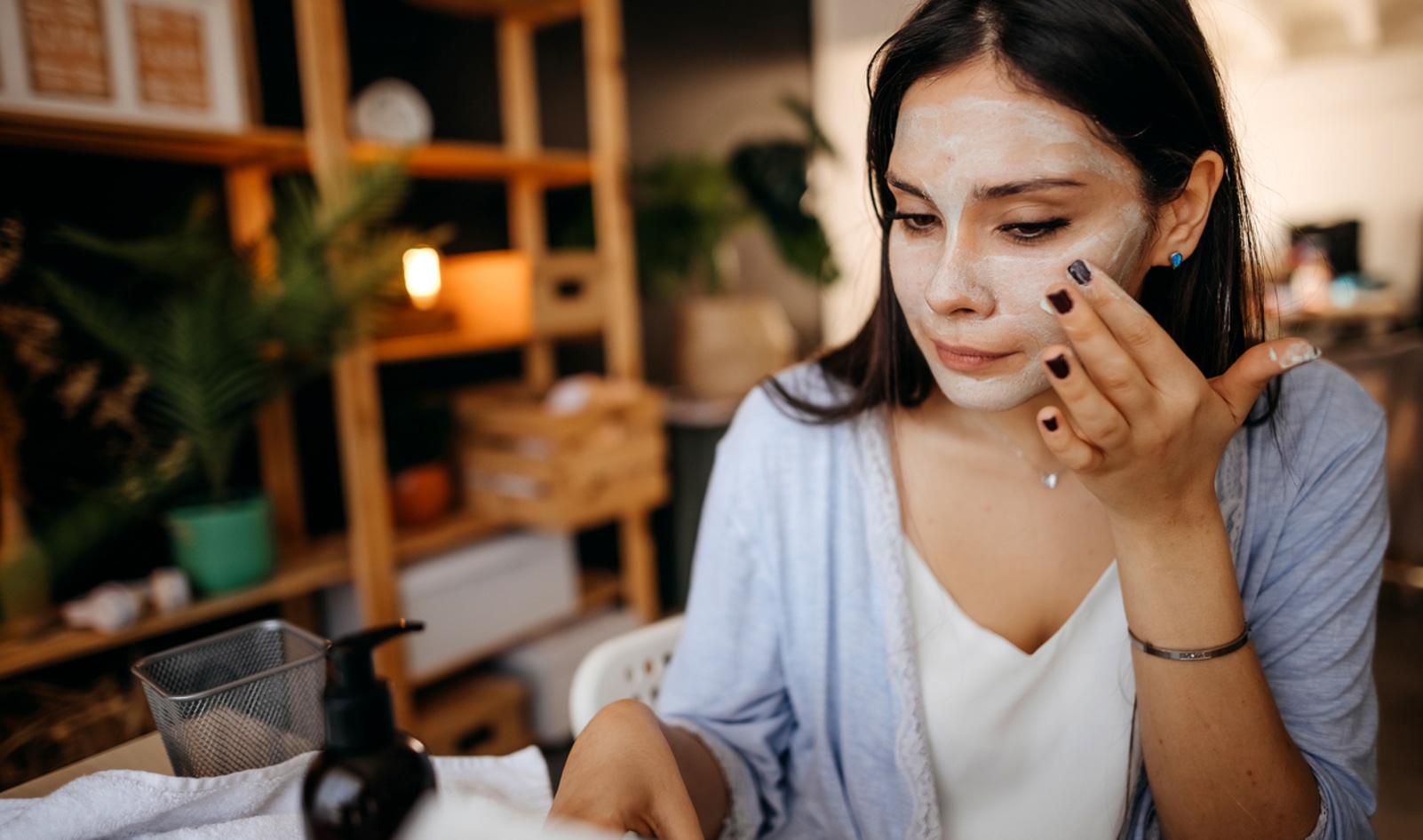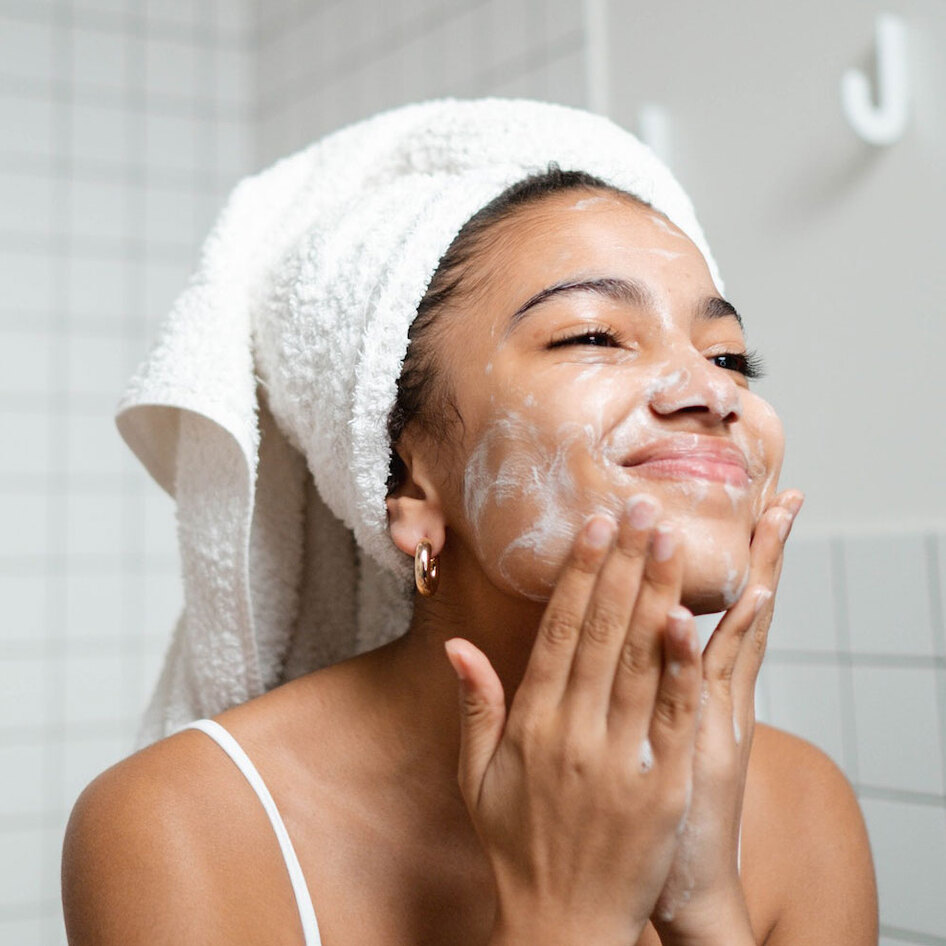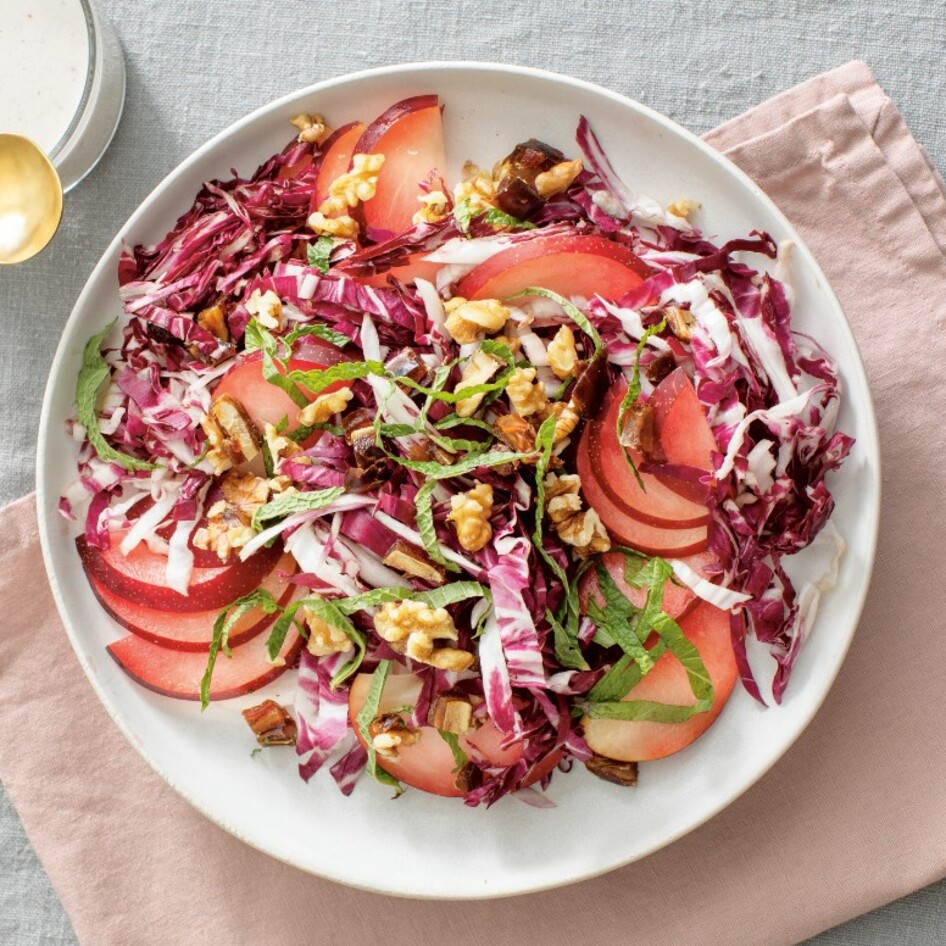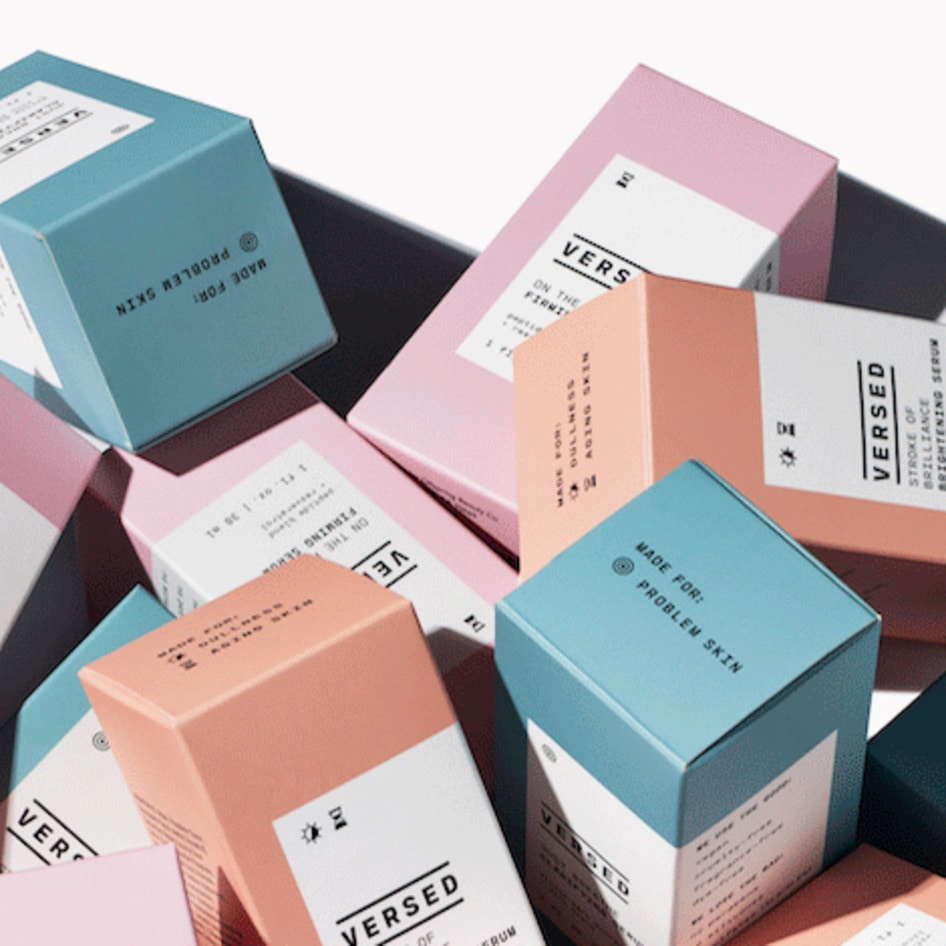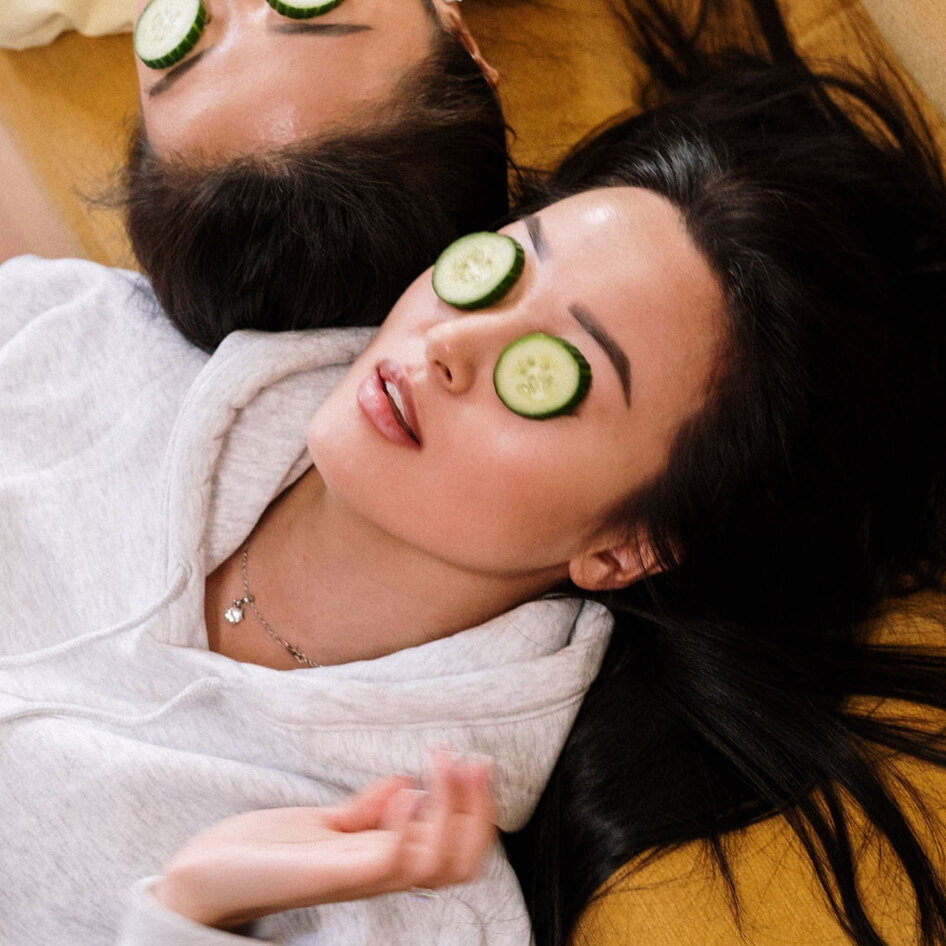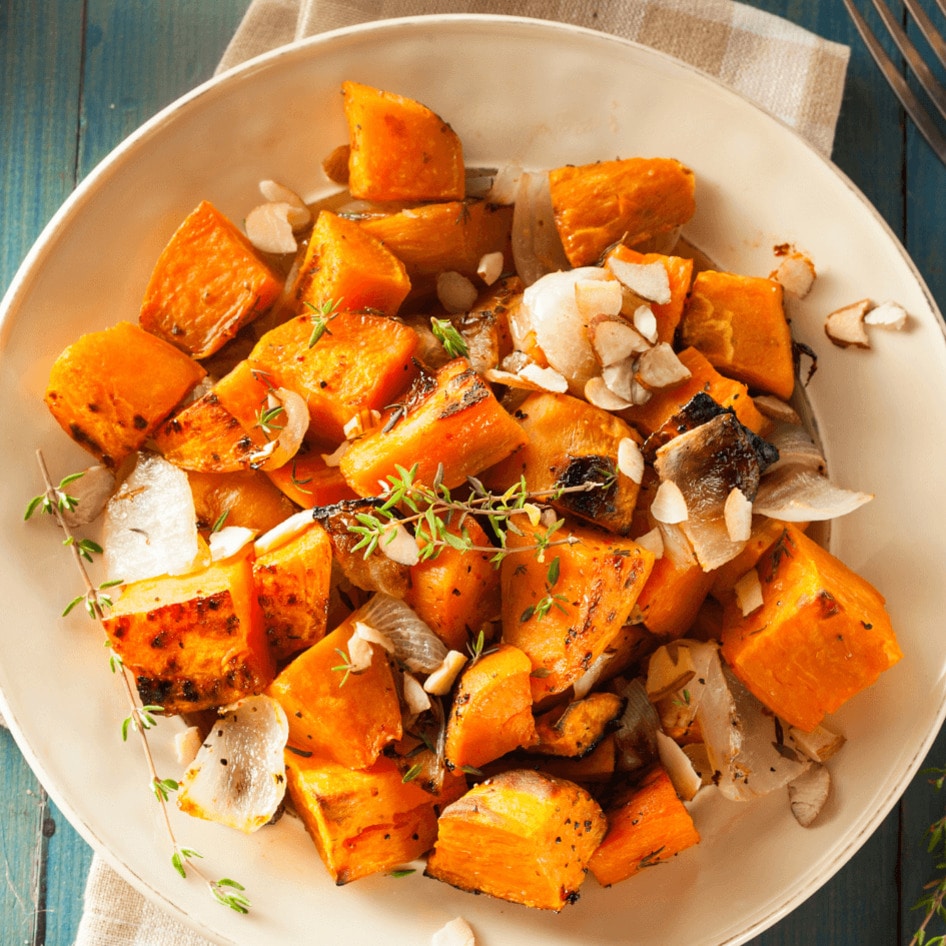In the ever-changing world of beauty and skincare, wacky trends come and go, each promising revolutionary benefits and groundbreaking results.
Among the multitude of ingredients that have captured the attention of beauty enthusiasts worldwide, snail mucin has held a prominent place due to its remarkable skin-healing properties. However, with the rise of ethical consumerism, many skincare lovers are seeking out ethically conscious products, inspiring skincare researchers to examine plant ingredients more closely.
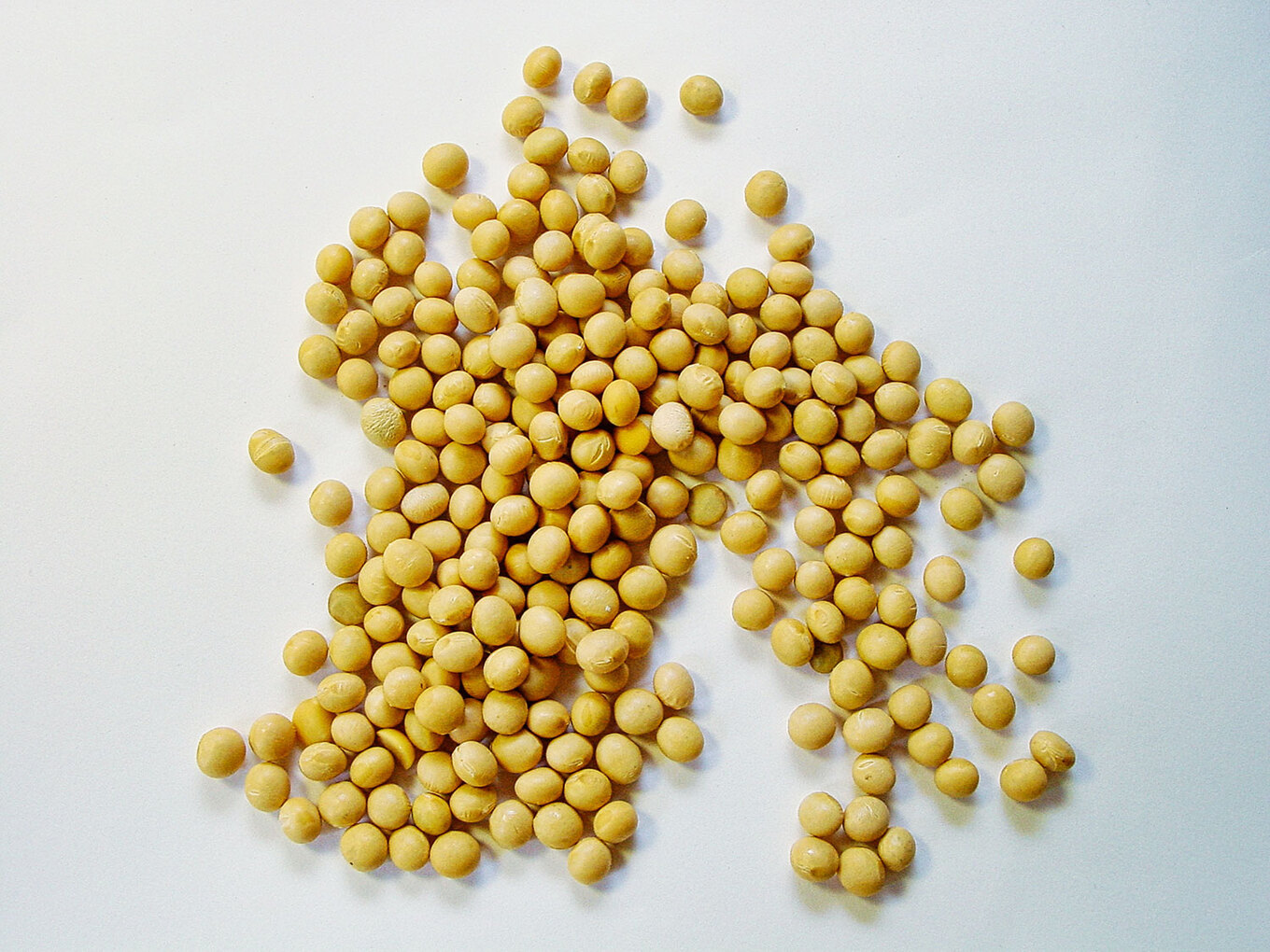 Unsplash
Unsplash
One ingredient, “bean essence,” is becoming increasingly popular as an ethical alternative that delivers the same glowing benefits of snail mucin without the need to exploit animals.
Vegan tofu facial
If this all sounds a bit too slimy for you, a very vegan solution is gaining traction. Tofu is a staple vegan protein that has emerged as an alternative to snail mucin—well, not exactly tofu but its “bean essence.”
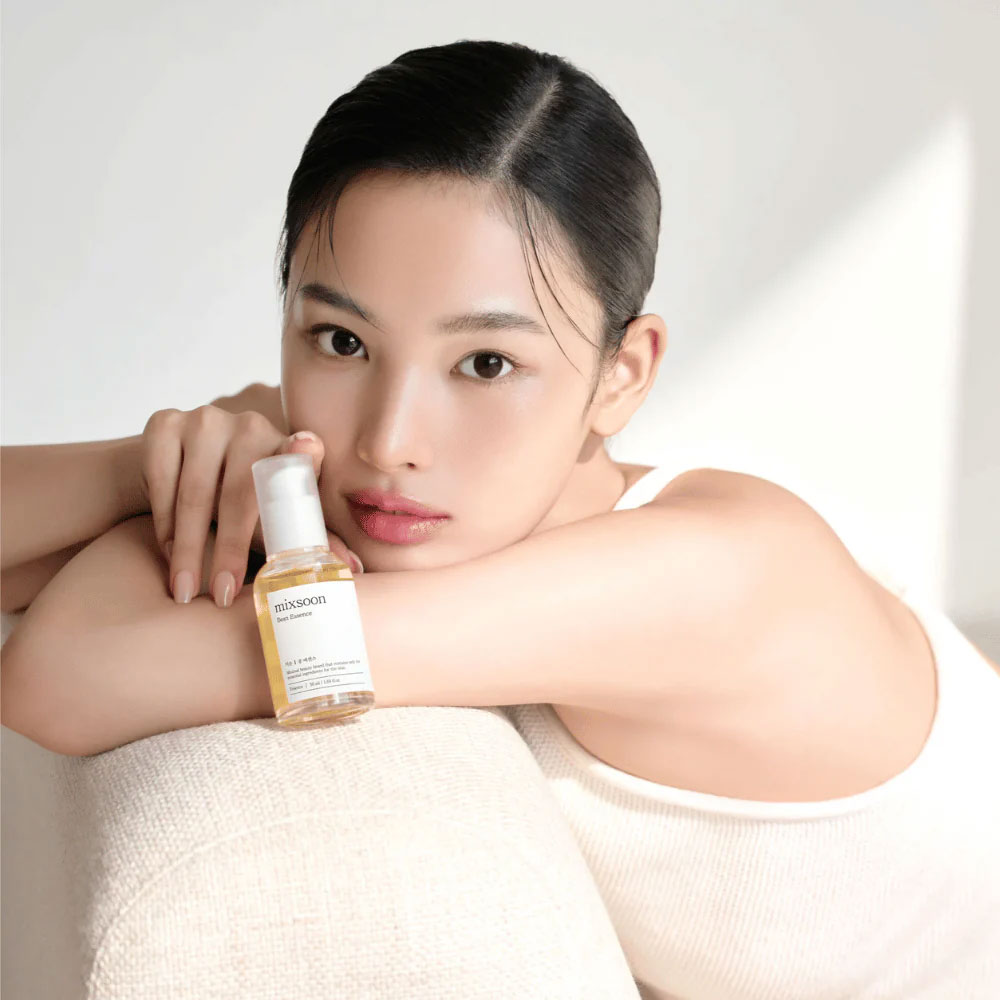
Made by South Korean company Mixoon and lauded by beauty influencers, the “bean essence” is a concoction derived from natural ingredients such as fermented soybeans (the base of tofu), barley, pomegranate, and pear juice, along with lactobacillus, a beneficial bacteria found in fermented foods. The allure of bean essence lies in its multifaceted benefits for the skin such as gentle exfoliation, regulation of sebum production, and deep hydration.
According to dermatologists, the primary component, soybean, is celebrated for its skin-friendly properties. A recent study highlights how Bacillus subtilis, a bacterium found in fermented soybean extract, plays a pivotal role in combating skin damage and promoting an even skin tone.
Soy products, by virtue of their composition, are adept at enhancing skin hydration and elasticity and offer protection against environmental damage.
Plus, a 50-ml bottle of Bean Essence is currently under $25 on Amazon.
get it here
What is snail mucin?
Snail mucin is a secretion from snails, highly prized in the beauty industry for its ability to promote skin regeneration, moisture, and repair. It is packed with ingredients such as hyaluronic acid, glycoproteins, and antimicrobial peptides, which collectively contribute to improved skin texture, reduced wrinkles, and increased hydration.
Snail mucin’s efficacy is backed by both anecdotal evidence and scientific studies, highlighting its role in enhancing skin health and appearance.
 Homero Esparza/Pexels
Homero Esparza/Pexels
The problem? The process of harvesting snail mucin involves inducing snails to secrete their slime, typically by prodding them with sticks or dehydrating them with a saline solution. This encourages the snails to release mucin as they move across controlled environments, such as glass or fine mesh platforms, within dimly lit spaces. The snails are typically not killed but kept alive on a farm and used for their slime repeatedly.
Bean-based skincare
If you’re looking for an even more affordable option, making beans part of your regular diet is an option that can deliver glowing skin.
 RDNE Stock Project/Pexels
RDNE Stock Project/Pexels
Another study published last year in scientific journal Food Research International found that regular consumption of pinto and black beans have anti-inflammatory and antioxidant benefits, which can contribute to improved skin health.
“My research focuses on skin health, because there is a lot of interest in new ingredients with bioactive properties to use in formulations for creams,” David Fonseca Hernández, a doctoral student at CIATEJ and lead author of the paper, previously said in a statement.
“One of the main issues with aging skin is the oxidative stress that results from environmental factors,” Fonseca said.
Outside of skin health, researchers also found that bean seeds are rich in phenolic substances that are adept at managing oxidative stress and inflammation, thereby possibly lowering the incidence of chronic conditions such as heart disease, cancer, and diabetes.
For aging skin, eating soybeans has shown to have benefits as well. A 2023 clinical trial published in Nutrients highlighted the benefits of soy consumption for improving skin health in postmenopausal women, revealing significant reductions in wrinkle depth, skin pigmentation, and increases in skin hydration.
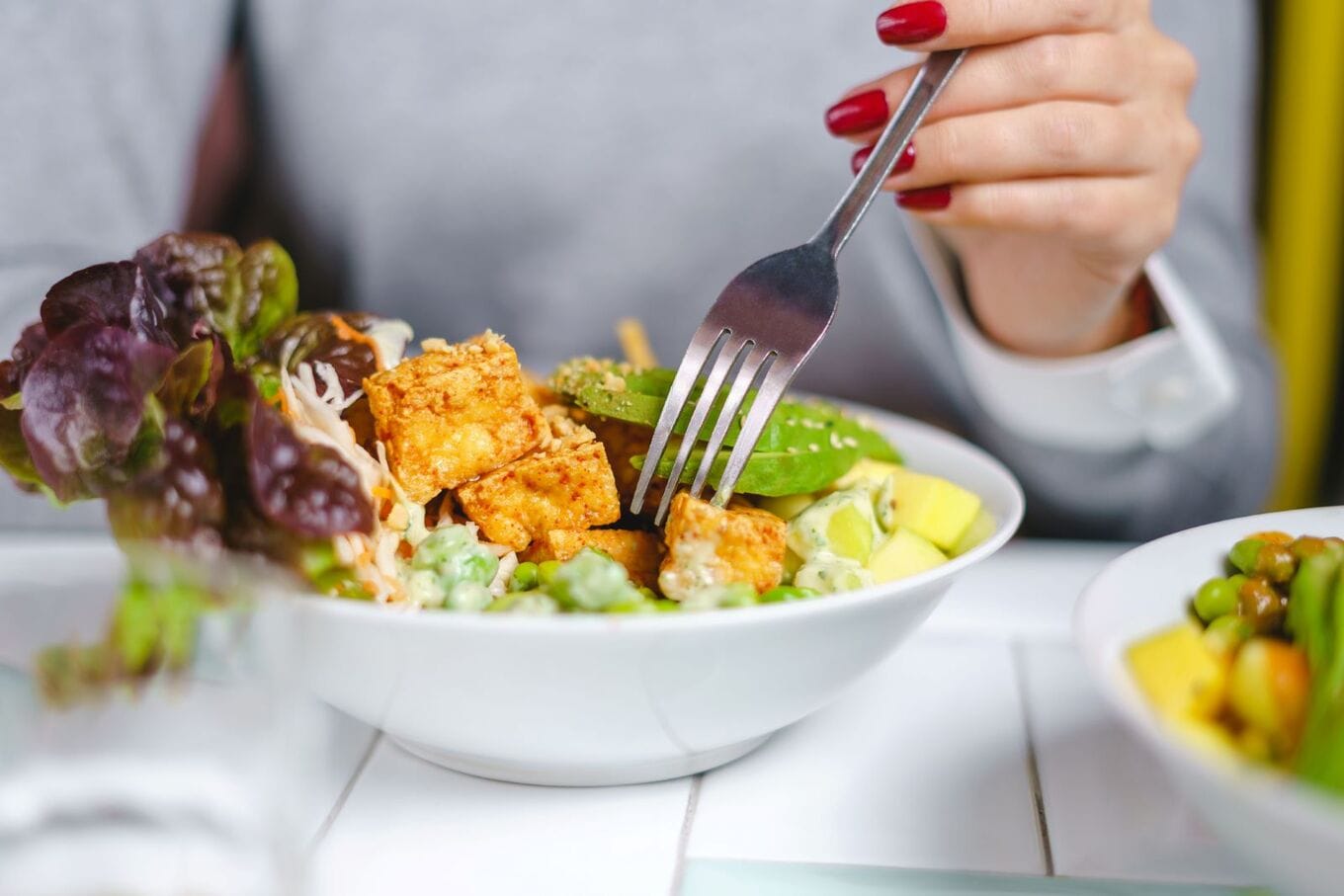 Getty
Getty
The study, which involved participants consuming 30 grams of soy protein daily for six months, showed notable skin improvements compared to a control group consuming casein, a protein found in cow’s milk. The improvements are attributed to isoflavones in soybeans, plant compounds that mimic estrogen, which are plentiful in soy foods such as soy milk and tofu.
This research supports the dietary consumption of soy foods not only for skin health but also for potentially alleviating menopausal symptoms and promoting heart health due to its cholesterol-lowering effects.
Further, flaxseed has been touted by TikTokers as “nature’s botox.” While the jury is out if putting it on your face has skincare benefits, consuming the seeds—which are rich in omega-3s—gives skin a boost of moisture while reducing inflammation.
For more on beauty and health, read:
JUMP TO ... Latest News | Recipes | Guides | Health | Shop
Here at VegNews, we live and breathe the plant-based lifestyle, and only recommend products we feel make our lives amazing. Occasionally, articles may include shopping links where we might earn a small commission, but in no way does this effect the editorial integrity of VegNews.

